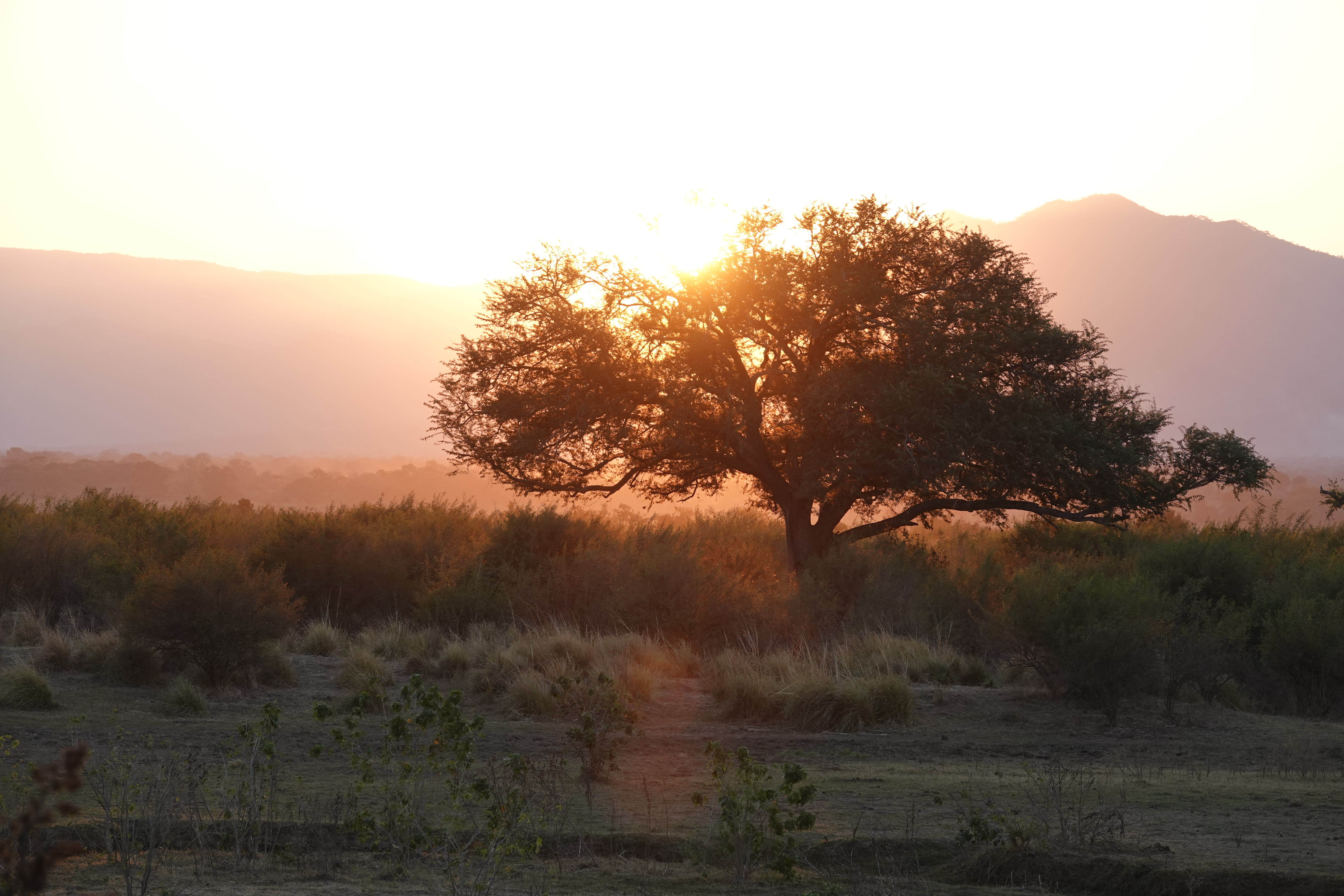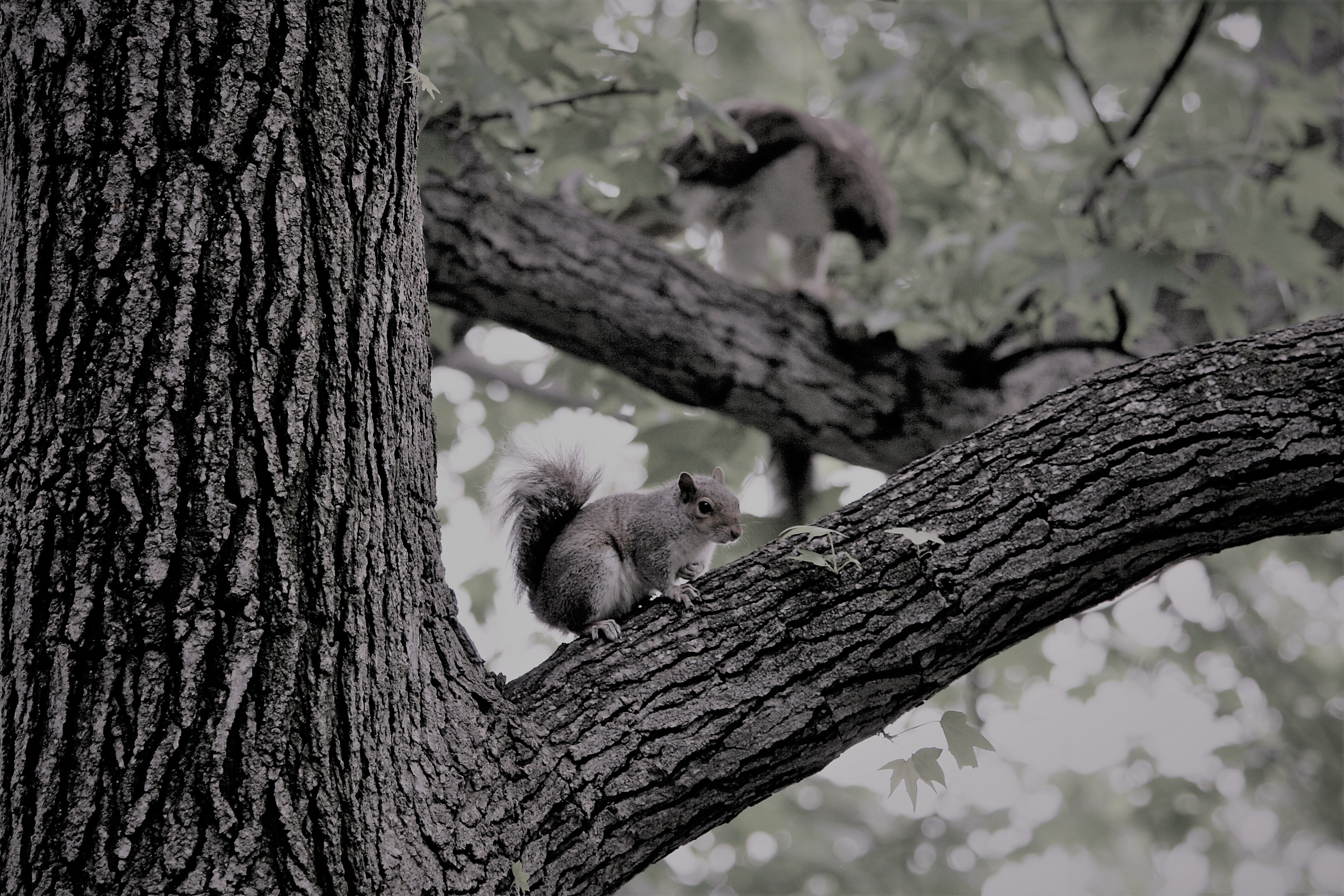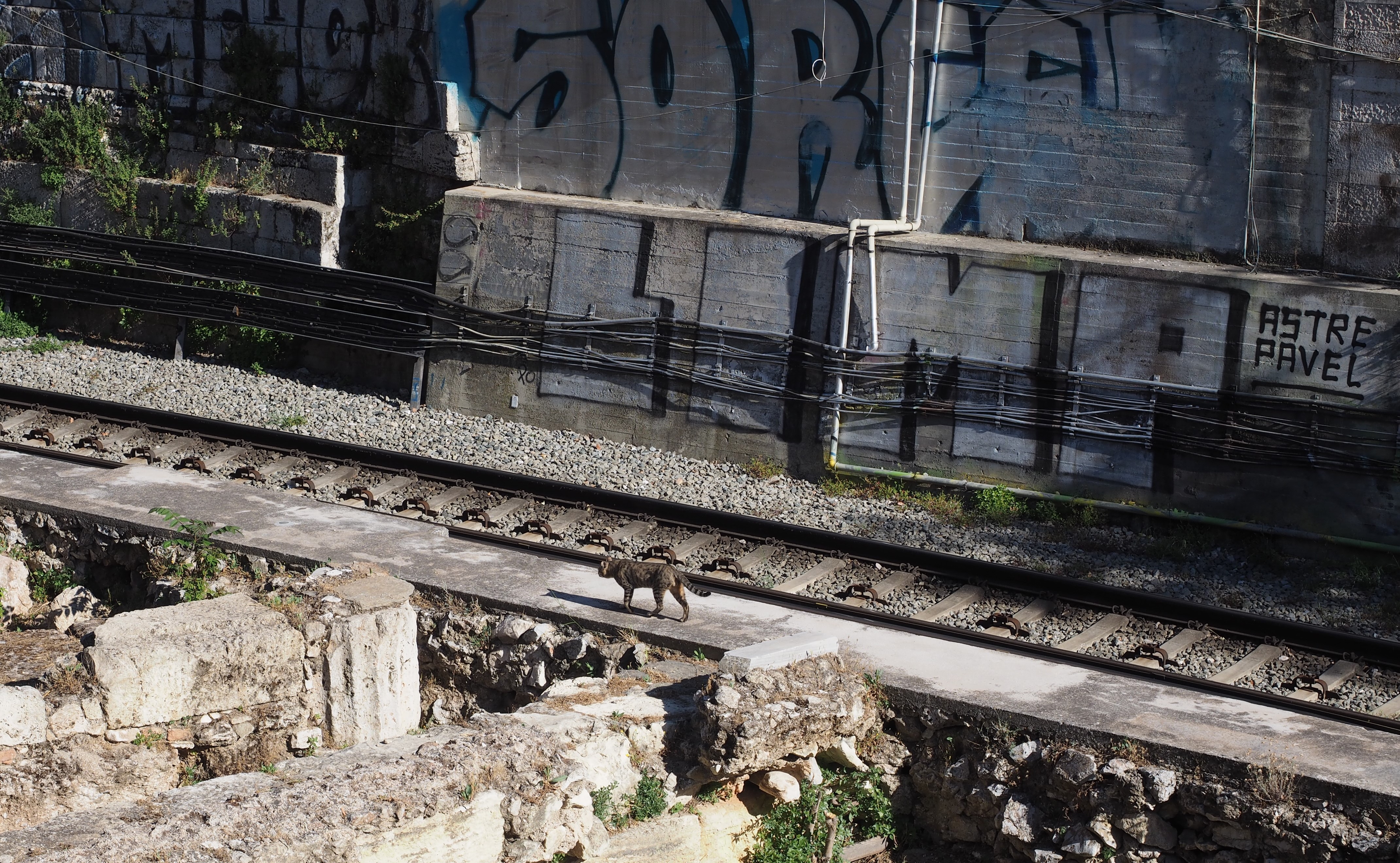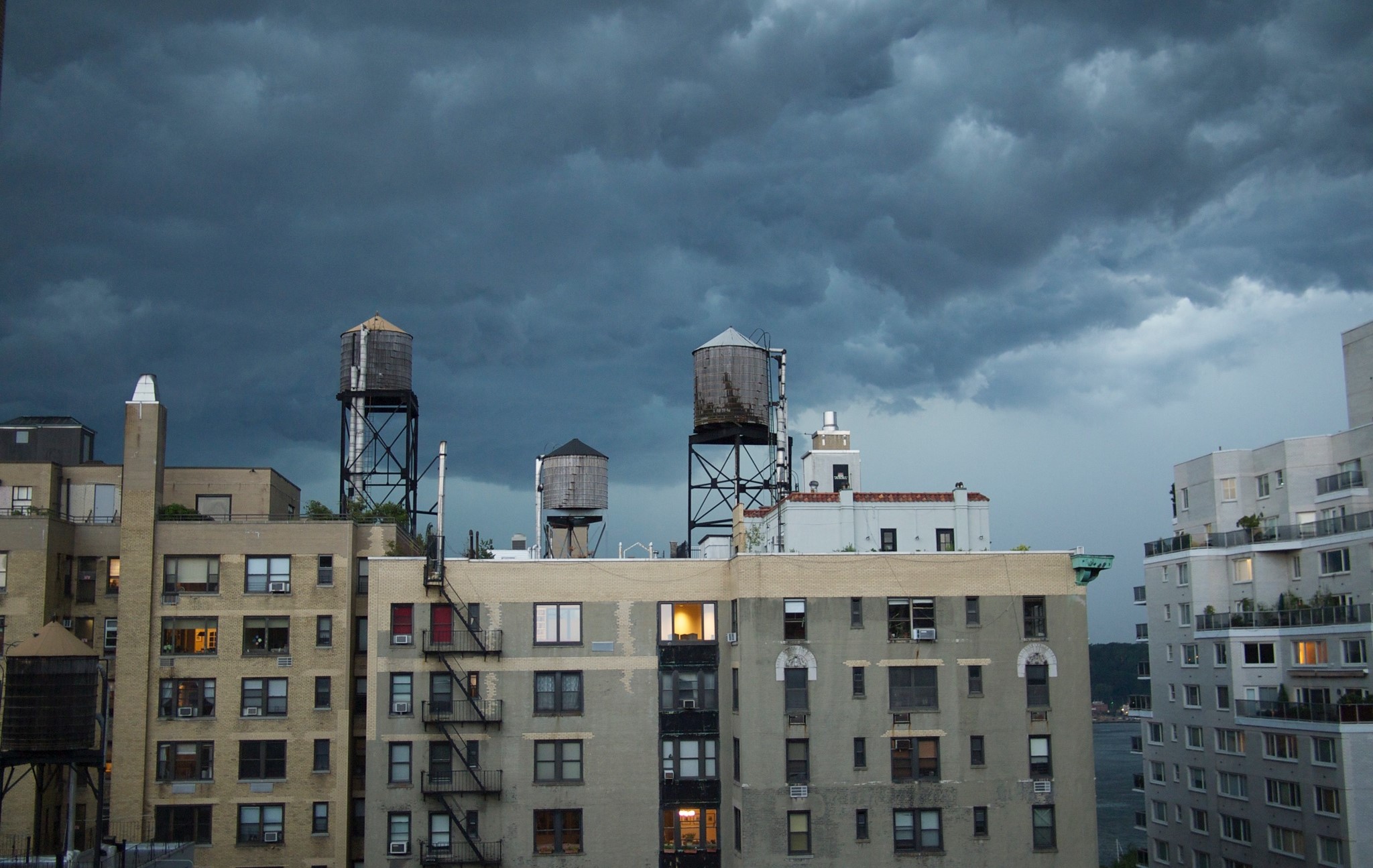
Can we talk about the end of the world for just one post? The UN global report has been released and it’s pretty grim. Grimmer than zombies (but arguably beneficial for zombies). Ultra grim.
Here’s National Geographic’s story on the story.
Here’s an excerpt from the Washington Post’s story. “The U.N. report ‘means that nature is collapsing around us, and it’s a real wake-up call to humanity,’ said Andrew Wetzler, managing director of the nature program for the Natural Resources Defense Council, a conservation group.”
I disagree. We’ve been ignoring wake-up calls for a long time and we’ll ignore this one. Wake-up calls are bad for business, and let’s discredit anyone involved in this UN report. In 1962, Rachel Carson publishes Silent Spring, documenting the damage from pesticides. So what happens? By 1972, the US bans DDT in the US, but its use continued throughout the world, and is still used. You can use your personal internet web searching prowess to read all about DDT and the environment. No place on earth is untouched by DDT.
If you’re old enough, you remember nights raucous with the sounds of insects, frogs, and other critters. You remember how a short drive on a suburban road would leave your windshield smattered with bug splats, and porch lights surrounded by a cloud of moths and mosquitos and other insects. Last year, articles like this one appeared.
My children don’t know these sounds and have never had to squeegee a few hours accumulation of bug carcasses off their windshields. They haven’t seen a sky criss-crossed with massive flocks of migrating birds, so they don’t look up and wonder what’s wrong. They do have phones that can show them pictures of what the world looked like and can see Imax films documenting the once stunning diversity of the natural world.
It’s not up to us, the consumers of the world. We’re kind of sheepish. Take common lawn and garden chemicals. Tell us that spraying a little something will kill dandelions and we’ll buy it because we’ve been convinced that a uniform grass lawn is very important. We don’t think about the fresh water that lawns consume, nor the half-life of the chemicals we apply. We don’t know to ask about active ingredients and inert ingredients. You (and you know who you are) don’t want us to think about that, so we don’t. Good job by your marketing and PR departments, and kudos to your lobbying, I might add! So it’s up to you. This wake-up call’s for you. Because we’ll keep buying the stuff you tell us to and we’ll believe whatever you want us to believe.
I want to say something about soft drinks, which I admit I know little about. But, when I stopped using them, the quality of my life did not decline. I talked about this with a friend and we agreed, these products might have no real benefit. Anyhoo, here’s a question for the asking, “what percentage of the world’s fresh water is used to produce and consume bottled beverages? How much plastic gets into the enviroment because of all these drinks? Who wants to think about that every time you twist off a cap to enjoy a cold one! That would be grim.
To sum up, everything’s fine. Earnings are up. Keep doing what you’re doing. At least you don’t have to clean the windshield very often.
Next time: 17 simple things you can do for the environment






